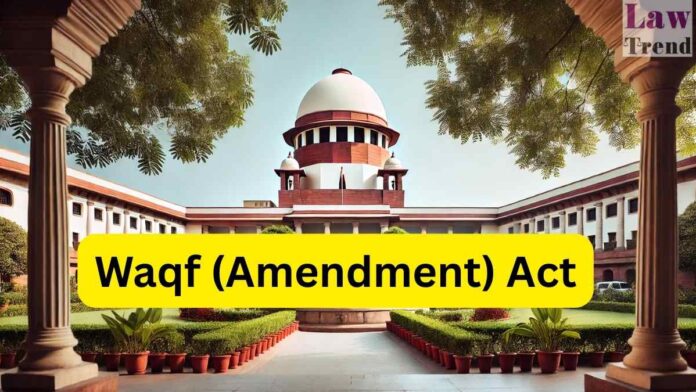The Supreme Court of India, in a significant interim order on September 15, 2025, declined to grant a wholesale stay on the operation of the controversial Waqf (Amendment) Act, 2025. However, a bench comprising Chief Justice of India B.R. Gavai and Justice Augustine George Masih suspended the implementation of several key provisions, including those granting
To Read More Please Subscribe to VIP Membership for Unlimited Access to All the Articles, Download Available Copies of Judgments/Order, Acess to Central/State Bare Acts, Advertisement Free Content, Access to More than 4000 Legal Drafts( Readymade Editable Formats of Suits, Petitions, Writs, Legal Notices, Divorce Petitions, 138 Notices, Bail Applications etc.) in Hindi and English.




